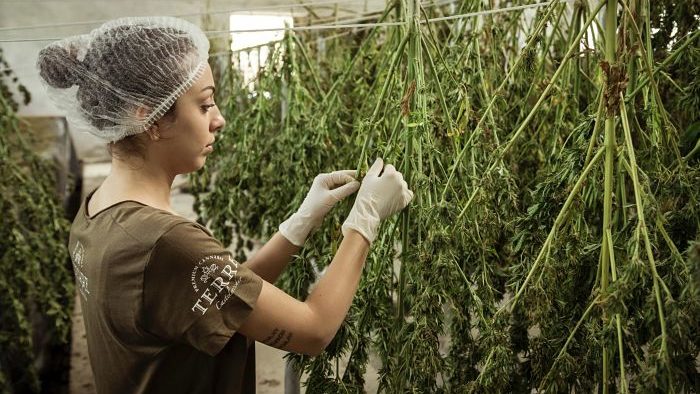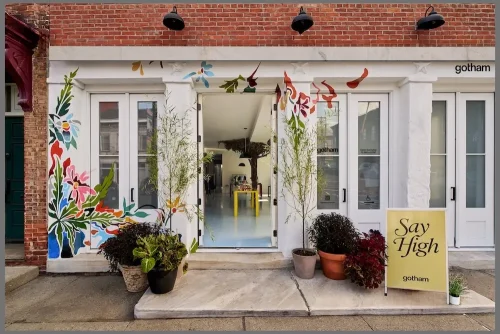While recreational cannabis is technically legal in the state of Maine, less than 10% of the towns and cities in the state are allowing adult-use sales.
Only 47 of Maine’s approximately 500 towns and cities allow recreational marijuana retailers to set up shop in their community. Retailers opened their doors to residents on Oct. 9, 2020.
According to data from the Maine Office of Marijuana Policy and the 2020 U.S. Census, only 29% of Maine residents live in communities that allow the sale of recreational cannabis.
Even with these limitations, Maine posted its strongest sales month in August, totaling $10.2 million among the 53 licensed adult-use retailers.

Image via unsplash.com
Many Maine residents are fearful of the impact recreational cannabis will have on their community
In 2016, Maine legalized marijuana in what ended up being a close election. In fact, 54% of Penobscot County residents voted no on the referendum. Only Bangor, Lakeville, Maxfield, Old Town, Orono, and Webster Plantation favored the measure instead.
“We need to consider what kind of town do we want to be in 10, 20, 50 years? If we let this in, that takes us in a certain direction. Does this mean that anyone can bring anything here? This is a good place to live, we want it to continue to be that,”
Glenburn resident, Scott Mitchell, via Bangor Daily News
Many residents, mainly pastors, teachers, and counselors, expressed concerns about marijuana still being a “gateway drug” to harder drugs, a concept many disagree with today.
“The weird thing about Maine is that it’s conservative but also libertarian,” said Dover-Foxcroft board member Stephen Grammont.

Portland, Maine, taken by @chris_sesta_photography on Instagram
Cannabis is bringing in a lot of money for the state of Maine
Maine legalized medical marijuana in 1999. There’s about 3,000 registered caregivers who grow and provide cannabis. Last year, it became the state’s most valuable agricultural product with $222 million in sales in the first 10 months of 2020, Maine Public reported.
Joel Pepin, president of the Maine Cannabis Industry Association, said, “In some municipalities, excise and sales taxes from retail stores go entirely to the state rather than to the communities where they’re located.”
However, Stacyville approved its present marijuana policies during town meetings in March and August 2019.
Stacyville board member Alvin Theriault also said that there’s “no opposition whatsoever.” He said the economic prospects attracted residents, if anything.
Last year marijuana became the state’s most valuable agricultural product, with $222 million in sales in the first 10 months of 2020, Maine Public reported.
“It’s out there,” Theriault said in conclusion. “You might as well collect taxes on it.”
More Content
THE RELATIONSHIP BETWEEN BACKWOODS AND HIP-HOP
TERPENES FOR ANXIETY: 3 TERPS IN CANNABIS WITH STRESS-RELIEVING PROPERTIES
RAPPER WEED: WHICH RAPPERS HAVE CANNABIS PRODUCTS IN THE MARKET? WHO ACTUALLY HAS THE FIRE?
18 COMPANIES THAT DON’T DRUG TEST THEIR EMPLOYEES FOR WEED
7 TIPS FOR MARKETING CANNABIS AND CBD ON TIKTOK AND INSTAGRAM

FOR MORE CANNABIS & MUSIC NEWS, FOLLOW RESPECT MY REGION ON FACEBOOK & TWITTER.
TO HAVE A STORY FEATURED OR YOUR BRAND OR PRODUCTS REVIEWED, PLEASE EMAIL US.








